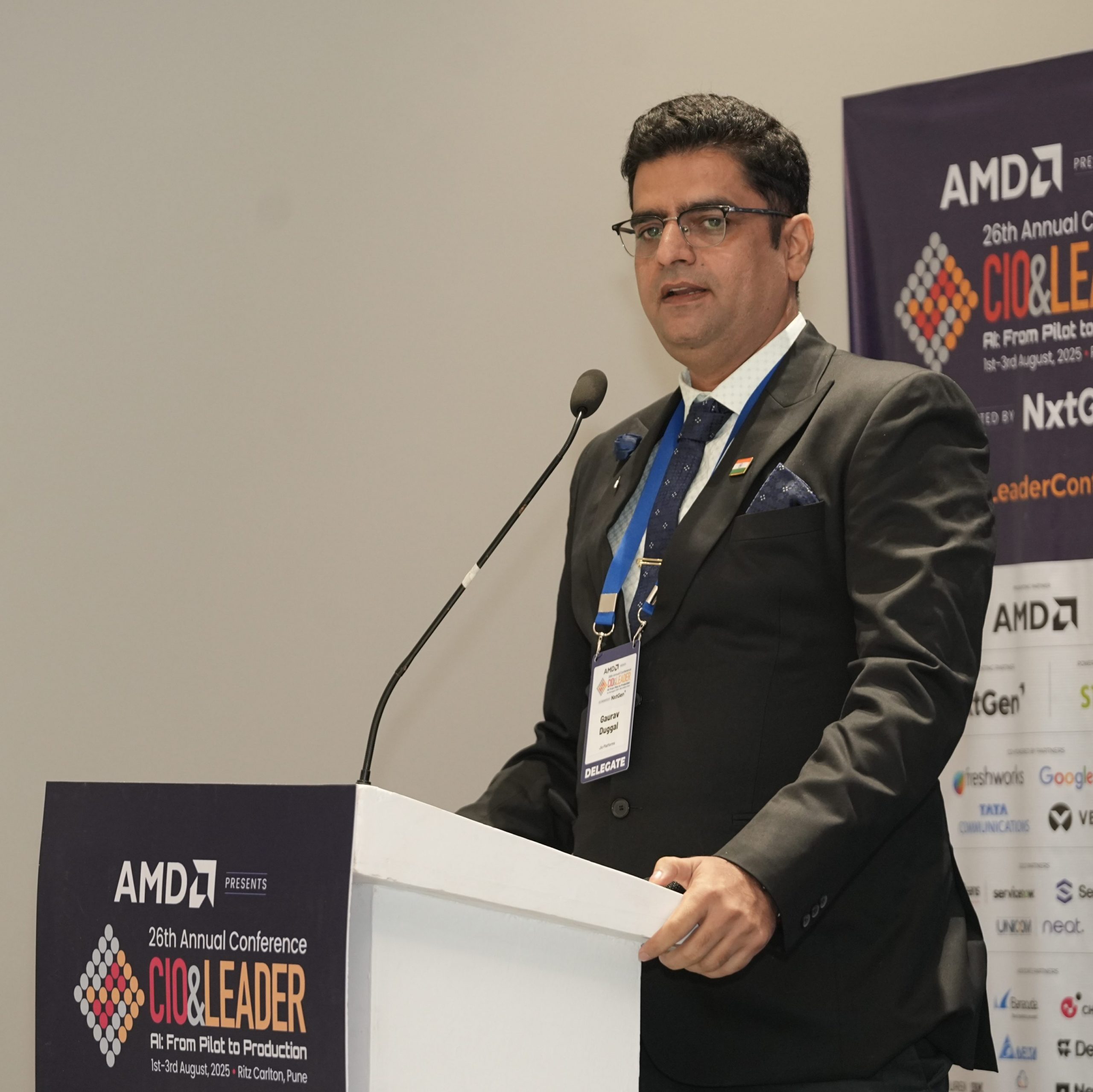Agentic AI is redefining how enterprises think about productivity, trust, and scale. From healthcare to finance, the Software 3.0 era is proving that the future of intelligence is not coded but autonomous.

“Software is no longer just written, it is evolving to write itself.” This belief lies at the heart of what I call the Software 3.0 era, an era where autonomous, agentic AI is reshaping industries, workforces, and the very way enterprises operate. Having witnessed this transformation closely at Jio Platforms, I can say with confidence that Agentic AI is not just a trend, but a tectonic shift.
From Coding to Autonomy
The journey of software has been fascinating. In Software 1.0, we wrote structured code and sent it to machines. With Software 2.0, predictive AI models started guiding outcomes. Today, in Software 3.0, we are instructing AI to develop software that can adapt, optimize, and act independently without human intervention.
At Jio, we are living this shift. Our vernacular AI bots handle more than 300 million queries in 12 Indian languages, solving problems across 22 domains. In healthcare, our Jio Health platform utilizes predictive intelligence for diagnostics and recommendations, enabling patients to understand potential health risks proactively. This is not a distant vision; it is happening today.
The Measurable Impact on Enterprises
The numbers tell their own story. By embedding agentic systems across telecom, finance, and healthcare, we have achieved productivity improvements of over 35%.
- In call centers, AI copilots personalize responses and resolve issues faster. In fact, AI has reduced human call volumes by 50–60%.
- In healthcare, predictive diagnostics offer early insights, enabling clinicians to focus on what matters most.
- In e-commerce, agentic AI enables dynamic pricing and just-in-time inventory management, both of which are crucial in a price-sensitive market.
- In finance, we utilize agent-based systems to assess loan risks and inform investment decisions.
If applied across India’s 10 million software engineers, even automating 10–15% of their routine decisions could save $10–20 billion annually. That is the scale of opportunity we are talking about.
Building for India Scale: My Guiding Principle
At Jio, we operate on a simple but uncompromising principle: if a project cannot serve 100 million users, we don’t attempt it. That is the essence of “India-scale readiness.”
But scale cannot come at the cost of security or trust. Agentic AI introduces new challenges to data privacy, ethical alignment, and accountability. This is why we have built bias detection protocols, explainability frameworks, and strong human-in-the-loop oversight. AI systems must not only be accurate, but also trustworthy and compliant with relevant regulations.
The Future Workforce: Beyond Coding
Much has been said about job displacement. I see it differently. Yes, routine coding tasks will be automated, but the future lies in multidisciplinary talent professionals who combine technical fluency with business acumen, ethics, and domain knowledge.
For young engineers, my advice is clear: don’t restrict yourself to being “just a coder.” The future belongs to those who can connect disciplines and bring context to intelligence. At Jio, we actively reward and invest in such cross-disciplinary growth.
My Roadmap for CIOs and Leaders
Adopting agentic AI is not about jumping in unquestioningly. At Jio, every initiative begins with a readiness assessment, followed by controlled pilots before scaling up. We evaluate not just technical feasibility but also market impact, compliance, and trustworthiness.
For today’s CIOs, the call is to combine discipline with ambition. This technology can cut costs, unlock efficiency, and transform experiences, but only if it is deployed responsibly, with accountability built in from day one.
Closing Thoughts
Agentic AI is no longer futuristic; it is here, reshaping how we work, heal, shop, and invest. I have seen its potential firsthand: to drive efficiency at scale, enhance personalization, and create trust-driven automation.
However, I also know that the success of AI will not be measured solely by algorithms. It will depend on how we, as humans, guide, govern, and partner with intelligent agents. That is the real promise and responsibility of Software 3.0.